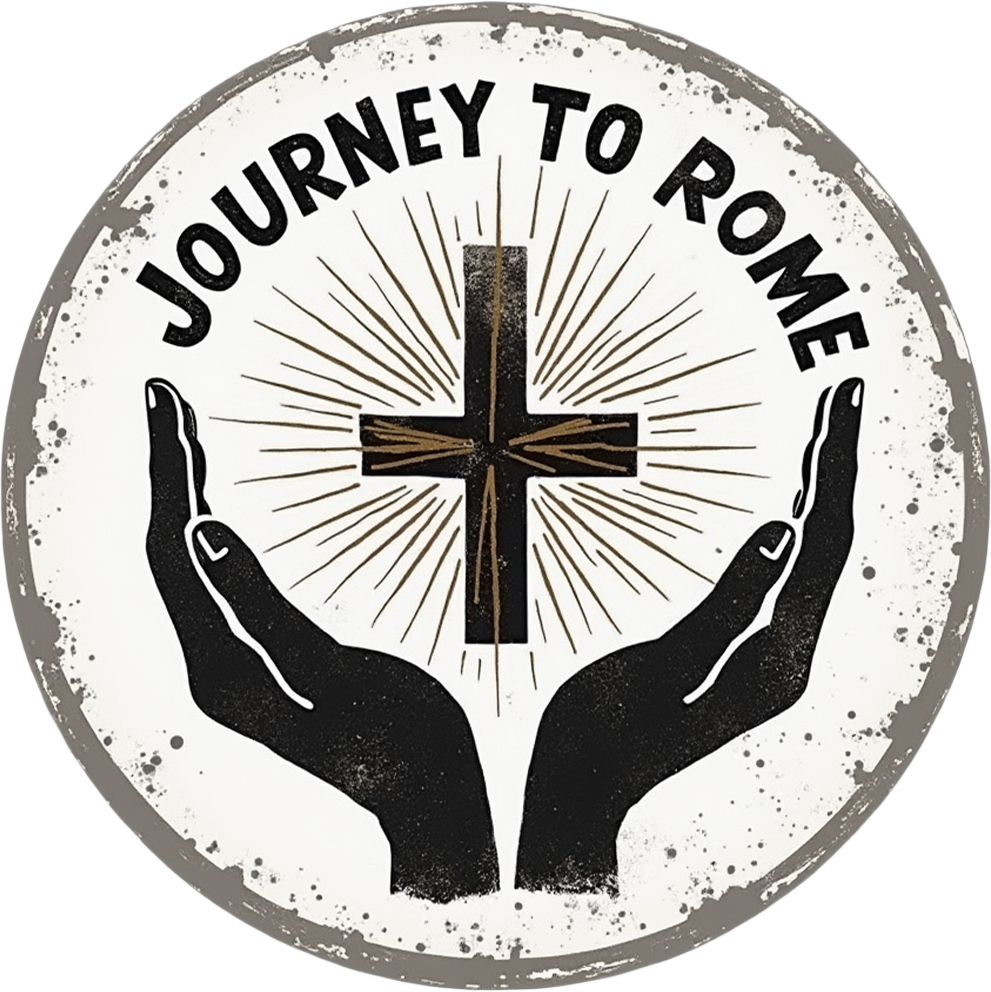Baptism
Baptism is the first of the seven sacraments and the gateway to life in the Spirit. It is the sacrament by which a person is cleansed of original sin, reborn as a child of God, and incorporated into the Body of Christ, the Church (CCC 1213). Through the pouring of water and the invocation of the Trinity, “I baptize you in the name of the Father, and of the Son, and of the Holy Spirit”, the baptized are spiritually regenerated.
John the Baptist was the son of Zechariah, a priest of the temple, and Elizabeth, a relative of Mary and a descendant of Aaron, placing him firmly within the priestly lineage of Israel (Luke 1:5, 36). His Levitical heritage, combined with the Jewish purification rituals involving water (e.g., mikvah), likely influenced his practice of immersion baptism as a sign of repentance and preparation for the coming Messiah.
The baptism of Jesus by John the Baptist marks the beginning of His public ministry. This pivotal moment is recorded in all four Gospels (e.g., Matthew 3:13–17), and it serves multiple purposes:
Revelation of His Identity: At His baptism, the heavens open, the Holy Spirit descends like a dove, and the voice of the Father declares, “This is my beloved Son, with whom I am well pleased” (Matthew 3:17). This publicly affirms Jesus as the Messiah and Son of God.
Solidarity with Humanity: Though sinless, Jesus submits to baptism (as well as circumcision) to identify with sinners and foreshadow His redemptive mission (cf. 2 Corinthians 5:21).
Anointing for Mission: The descent of the Holy Spirit signifies His anointing, fulfilling Isaiah’s prophecy (Isaiah 61:1), and equipping Him to proclaim the Kingdom of God.
Immediately following His baptism, Jesus is led into the wilderness to be tested, after which He begins preaching, healing, and calling disciples—thus initiating His public ministry.
Infant Baptism
The Catholic Church baptizes infants in continuity with the early Christian tradition and in affirmation of God’s prevenient grace, the grace that comes before human understanding or action. Just as circumcision brought Jewish infants (including Jesus at 8 days old) into the covenant community (Genesis 17:12), baptism brings Christian children into the New Covenant.
Biblical support includes:
Acts 16:15, 33 – Entire households were baptized, not just adults.
Luke 18:15-17 – Jesus welcomes little children, teaching that the Kingdom belongs to such as these.
The Catechism states:
“The Church and the parents would deny a child the priceless grace of becoming a child of God were they not to confer Baptism shortly after birth” (CCC 1250).
It is understandable that some people would want to feel that “spiritual rush” of being baptized as an adult. However, we must also consider God’s perspective. I can personally attest, being the father of an adopted child from infancy, the immense feeling of love and gratitude when you hear the adoption judge formally proclaim this child is now yours. This is a profound reminder that God’s love comes first.
What About Protestant Baptisms?
The Catholic Church honors the validity of baptisms performed in many Protestant communities, provided they use water and the Trinitarian formula. This recognition reflects the Church’s commitment to ecumenism and the belief that baptism, once validly conferred, cannot be repeated (Ephesians 4:5 “one Lord, one faith, one baptism”).
As Vatican II affirmed:
“Those who believe in Christ and have been properly baptized are put in a certain, though imperfect, communion with the Catholic Church” (Unitatis Redintegratio, 3)




